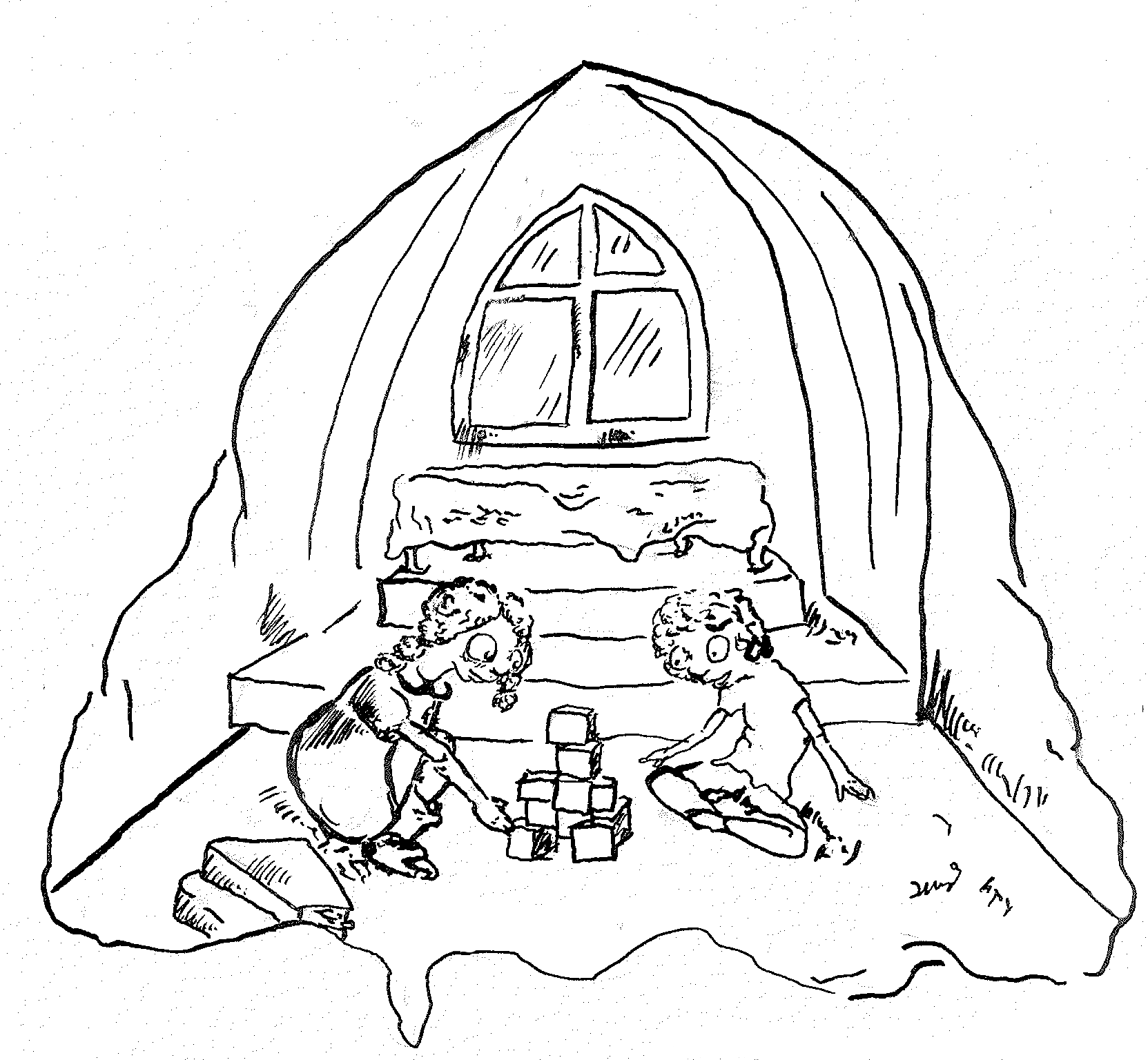
Today is a carefree kind of day,” Kimmerly Hayes said, sitting in her office at Way of Truth Baptist Church in Marquette Park. It was Tuesday morning, the second day of spring break, and only five children had come to Way of Truth for the Safe Haven program.
“The first couple days of the week, they’re probably chilling at home, but by the end of the week, it’s a crowd.” Safe Haven, a partnership between CPS’s Office of Faith-Based Initiatives and one hundred churches citywide, is meant to give Chicago’s children a safe place to spend their out-of-school time, during after-school hours, as well as spring and summer vacations.
A former student of CPS herself, Hayes has worked with children in various capacities for over twenty years, in and out of the CPS system. She is now the Program Director for Safe Haven at Way of Truth, where she facilitates a teaching team of four church members.
“We’re not actually allowed to incorporate religion into the program, but we’re not banned from it,” Hayes said. “If we’re playing musical chairs and all we have is Christian music, it’s okay, but we’re not allowed to just sit them down and talk about Jesus.” The Safe Haven program focuses instead on character-building activities, with anti-bullying being the emphasis this year.
From Hayes’s office adjacent to the church’s sanctuary, five children (three of them her own), aged five to twelve, and their two supervisors (one of them Hayes’s mother) could be heard. In the basement of Way of Truth, the kids gathered around a small blackboard that listed the different forms bullying could take—verbal, physical, cyber, and so on. A spunky five-year-old squirmed in her chair while explaining how bullying could take place via an instant-messaging app.
“I think, [bullying] goes on everywhere,” Hayes explained. “I’ve been a victim with my own kids this year, and it’s something that I’m working with right now.” Hayes explained that this is her children’s first and last year in the CPS system, in part due to her disappointment with how the school is handling a situation in which her daughter was bullied.
At Way of Truth, the anti-bullying curriculum takes the form of group discussions and some role-play activities that use a small stage in the church’s basement. These alternate with more open-ended creative and physical activities, as well as CPS-provided breakfast and lunch. “We’re not giving them what to do, because they already know, it’s just they never put it into action or they never sat and thought twice about ‘what should I do,” said Hayes.
The program started in 2009 when we saw a rise of violence in our young people,” Reverend Renaldo Kyles, CPS’s Director of Faith-Based Initiatives, said in a phone interview on the last day of the Safe Haven program. “During the breaks, many of our families don’t have anywhere for children to go.”
Kyles designed the program himself and says that those who run it in the churches must go through a training and certification process. Each church partners with a nearby school, though all children from the area are welcome.
This year, an additional million dollars was added to the $800,000 annual budget for the program, with the goal of serving a greater number of students by expanding from sixty churches to one hundred.
Rust United Methodist Church in Englewood is one of the new additions to Safe Haven. Only one student—an enthusiastic fifteen year-old girl with an encyclopedic knowledge of all things Michael Jackson—came to Rust UMC for the first two days of the program. Reverend Cross, in charge of both the church and the Safe Haven program, explained that she had had difficulty recruiting families.
CPS publicized the program via fliers and their website, but Cross explained that her church’s location—down the street from two charter high schools and far from nearby elementary schools—complicated outreach. The program does not appeal to high school students, Hayes agrees. “The older kids…they think it’s a little baby program.” Reverend Kyles acknowledges this as well, calling it “a proactive violence prevention program.”
Cross, too, said that the cold weather on those first days of spring break and absence of transportation to the churches prevented children from coming. Still, Cross and her student moved forward with the curriculum—a program called “Character Counts”—that Cross had prepared. “If this is a safe place for her, even if it’s one person, (I’m going) to still provide for that one person.”
Cross hopes to improve her outreach so that the Safe Haven program can revitalize a once robust and now non-existent after-school program at Rust UMC. “We have a basketball court on the third floor…but because of other issues that program had to stop. My dream is to have open gym for the kids. We (used to have) kids from all over the city who would come and play basketball.”
In past years, Reverend Kyles estimates that 1,500 to 1,800 students took advantage of Safe Haven during spring break, only a portion of the program’s capacity. Attendance rates for this year were not yet available at press time. Safe Haven after-school programming started up again when school reconvened on Monday, and more extensive programming will take place from June 30 to August 8 at all of the current sites. “It’s really simple but we try to do something structured, because a lot of our children need focus. They are all over the place, they need structure,” Hayes reflected. “They come here expecting something different and I think they’re pretty satisfied.”
Correction: April 23, 2014
An earlier version of this story misstated the location of Way of Truth Baptist Church. It is in Marquette Park, not Englewood.
